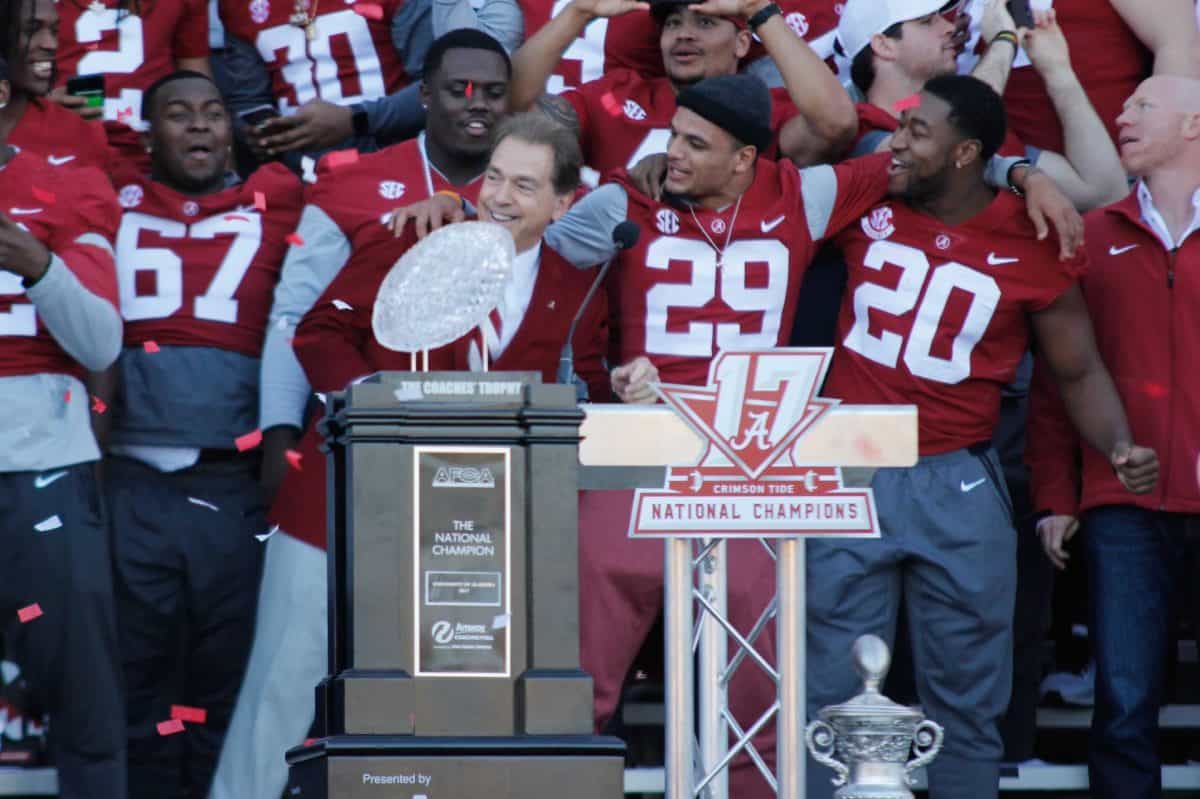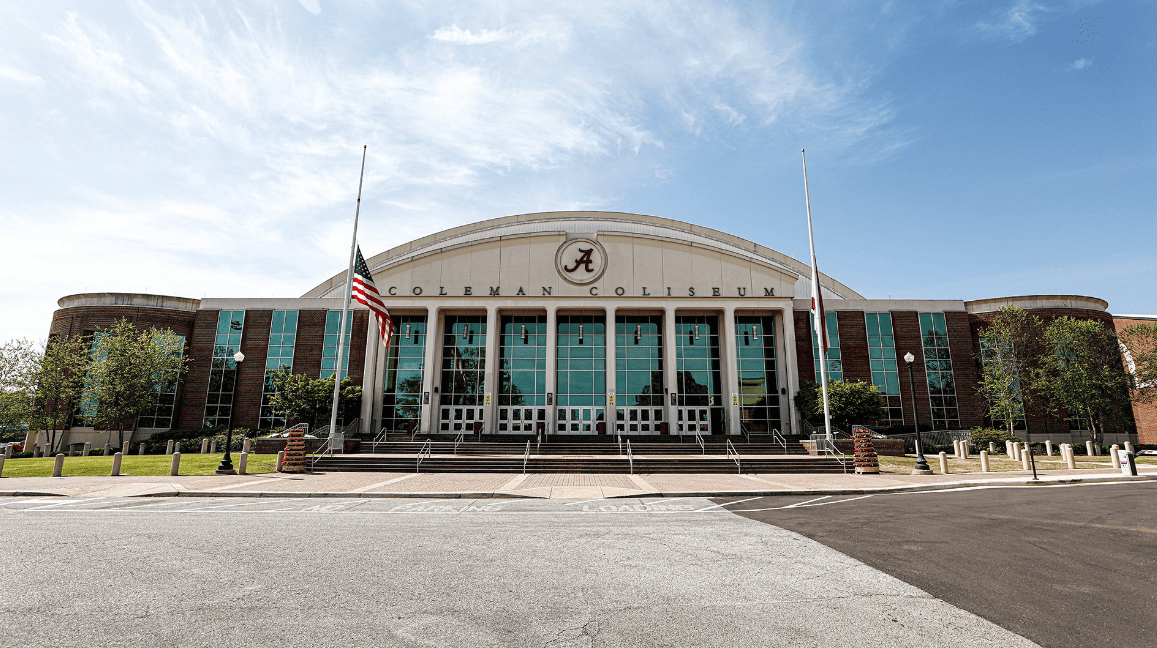This Tuesday, America will once again head to the polls, this time with the Senate majority on the line. That means this election will decide which party controls the Senate for the next two years, and if the Republicans win, they will have majorities in both houses of Congress.
Let’s assume for a moment that this is a big deal. We should then expect to see a huge voter turnout, with a wide range of demographics being fairly represented. Alas, that is not what we see.
However, that is not what I intend to discuss here. Rather, I want to ramble for a moment about the myriad of other ways Americans can and should express their preferences through good old-fashioned democracy. Because voting is actually a very small thing. It is small both in the effort required and the impact any one individual can have on the grand stage. Rather than claiming that fact to be a death knell for the sovereignty of democracy, let’s examine our options for the non-election days.
First, there is the favorite of college students worldwide: protesting. Protesting is a beautiful innovation for two main reasons. The first is it can be tailored to fit any issue the rebel heart desires, no matter how specific, extreme or removed from the political process. Everything from meat factories to abortion clinics to the very concept of democracy itself is on the table. The second is, if planned well, protesting is painfully noticeable. While 1,000 votes for one candidate may never truly be heard, one thousand people demanding fairer wages outside the local Walmart hurts in a very tangible way, as people are driven from that establishment and the owners lose money. In addition to these reasons, protesting is also way more enjoyable than waiting in line for hours on end to cast a ballot.
Option number two: hosting a blog. The natural preference for the writers and academics of the world, writing blogs can be a great way to partake in the political process because it’s as therapeutic to the writer as it is inspiring to the readers. Short of full-blown books, blogs are where ideas are given life and voice. While they may not result in as much immediate change, they lay the intellectual framework for a different future than what lies ahead currently.
And finally, there’s nothing wrong with hopping aboard a campaign team. More than likely, the candidate only made it to the polls as a result of the hard work of someone’s boots on the ground. Democracy lives in the grassroots, and if real change is to be made on the other 364 days, there’s no better place to start than with next-door neighbors.
There are endless ways to get involved with the great mess of American politics, but I hope this has served as a useful primer for those who find themselves in a politically-charged existential crisis come Wednesday morning. That said, in case you hadn’t planned on it already: go vote.
Chisolm Allenlundy is a junior majoring in philosophy and economics. His column runs weekly.






